Sodium vapour lamps have a very high effieciency and are generally used for purposes of street lighting. These have a low colour rendering index and therefore cannot be used in areas like showrooms and operation theatre.
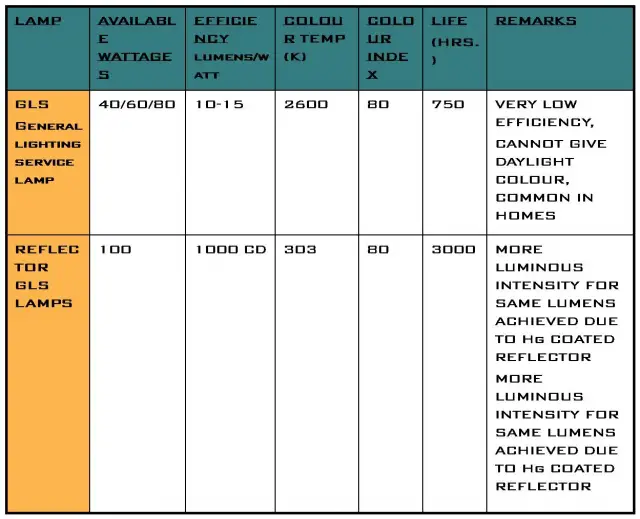
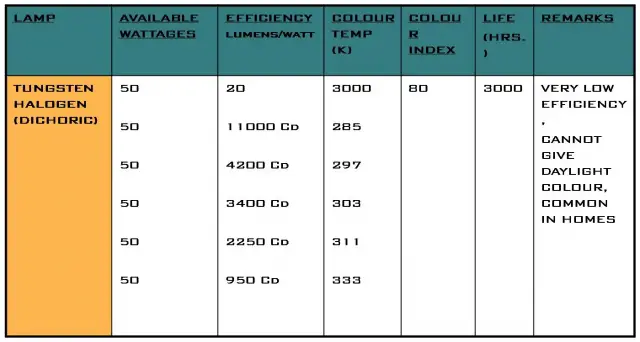
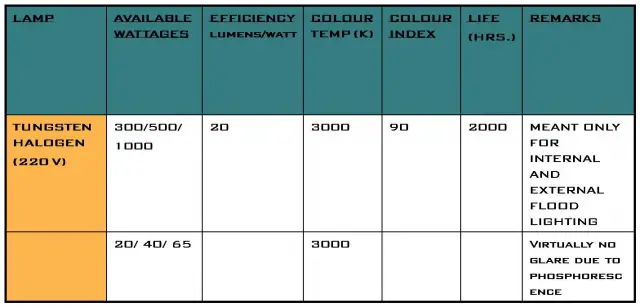
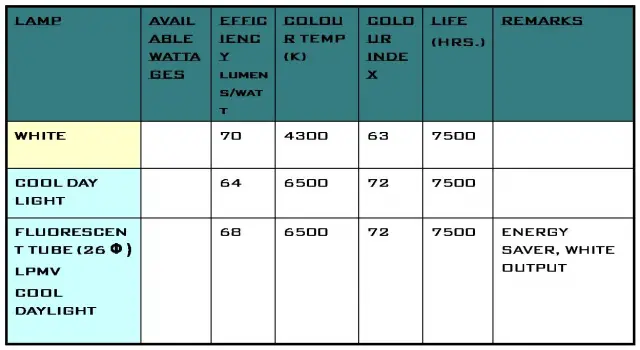
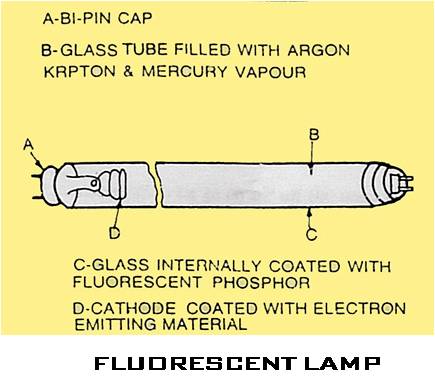
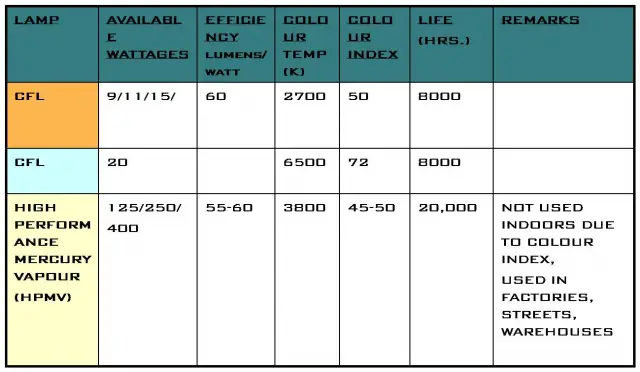
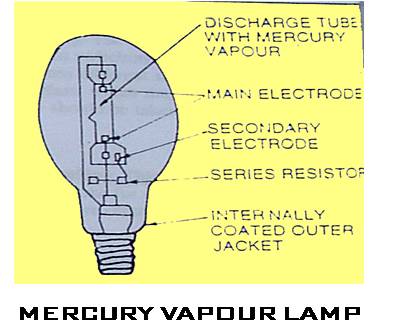
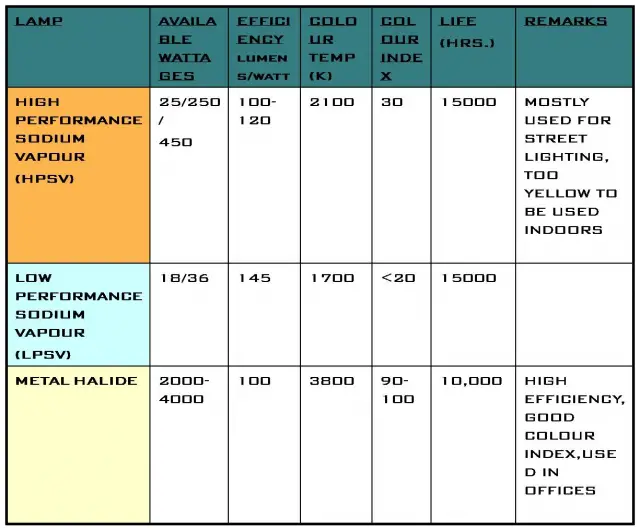
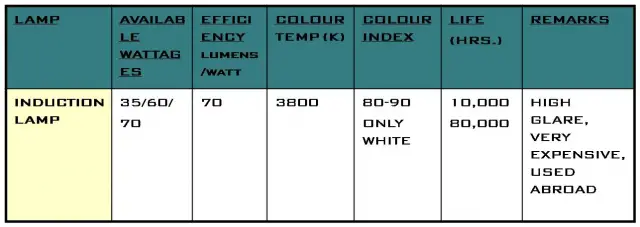
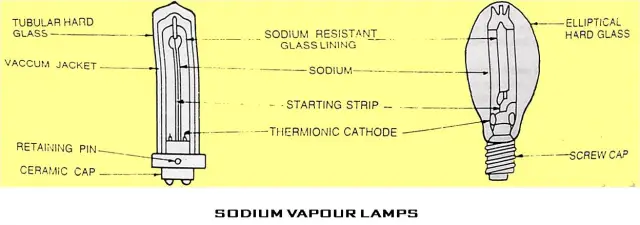
Factors governing the choice of lamps and luminaires:
Efficiency (η)
It is the amount of light being given per watt. The effieciency needed depends on the nature of the visual task being carried out.
Η = lumens / watt

Colour rendering index (irc)
It is described by how natural the surroundings would appear in a particular light. It is divided in intervals of 20 on a scale of 1-100.
Colour rendering index is inversely proportional to efficiency. Thus a choice has to be made between the two depending upon the nature of the visual task.
They are used in show rooms, operation theatres and museums.
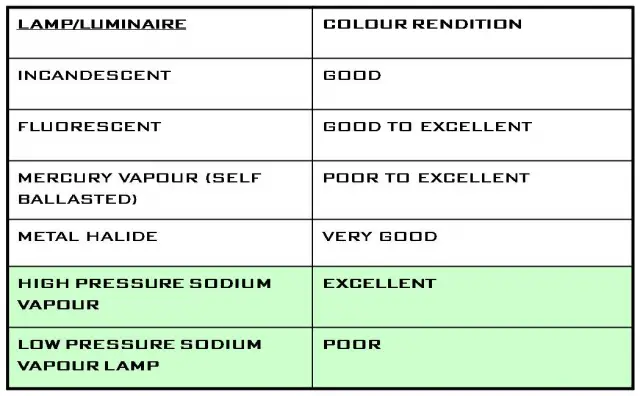
High pressure sodium vapour lamps have a very high colour rendering index.
Light distribution
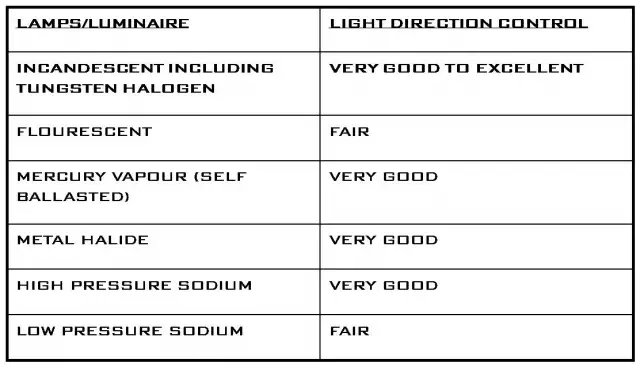
Relight time
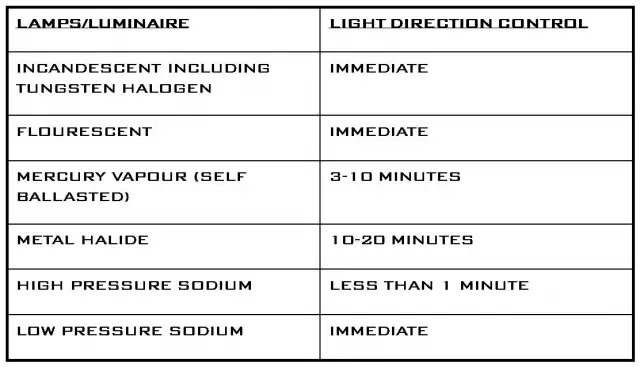
Source size
Low pressure sodium lamps and flourescent lamps come in extended sizes
The rest of the fixtures are compact.
Comparitive operating cost
Tungsten halogen lamps have the highest maintenance costs owing to their short life
Sodium vapour lamps have the lowest running costs.
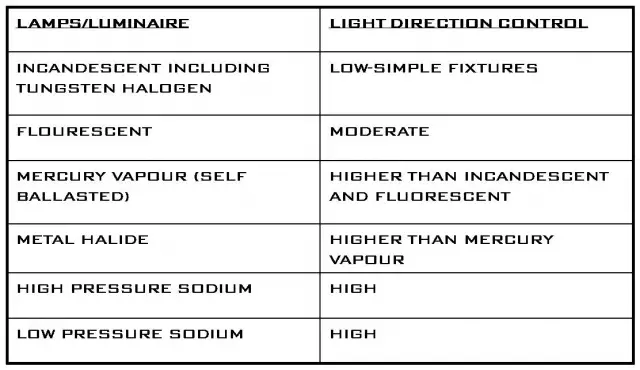
To learn more about lighting, visit:
- Introduction to Lighting
- Glare and Factors Controlling It
- Daylighting Factor and Its Value For Different Spaces
This presentation was created by: Ankita Gupta, Vineet Goyal, Akhilesh Maurya & Biswajit Behra

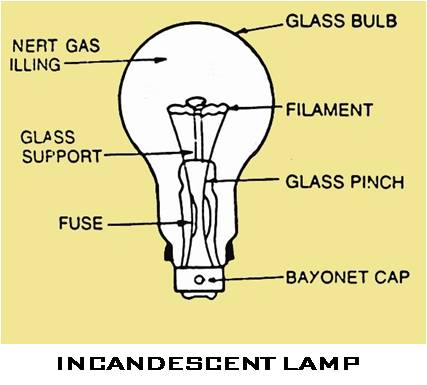
Leave a Reply
You must be logged in to post a comment.